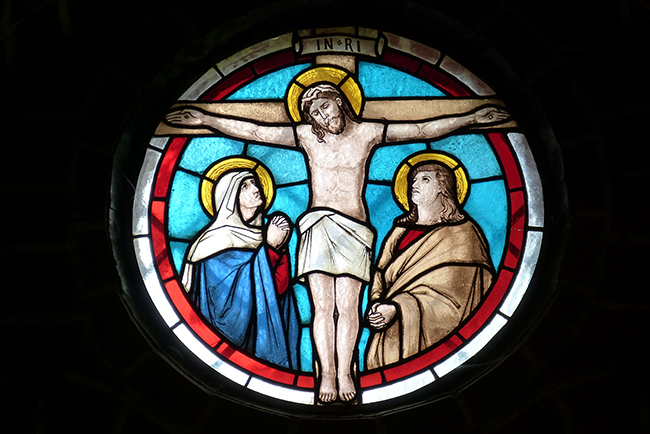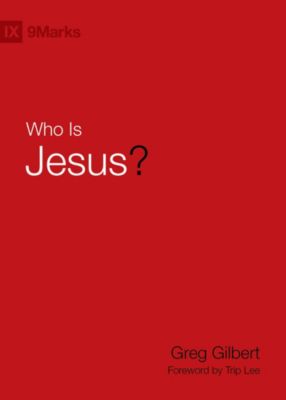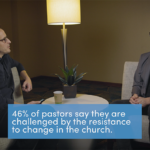
Most Americans say Jesus was a historical person and an important spiritual figure, but they’re split on what He means to them personally.
By Aaron Earls
Most Americans are sure Jesus was a historical person and an important spiritual figure, but they are more split on what He means to them personally.
Three in 4 U.S. adults (76%) say they believe in the historical existence of Jesus Christ or Jesus of Nazareth, according to an Ipsos survey sponsored by The Episcopal Church. Among Christians, evangelicals (96%) are the most likely to believe in the historicity of Jesus. Catholics (86%) and mainline Protestants (88%) are less likely, with around 1 in 10 in each group saying they weren’t sure.
Three in 4 U.S. adults (76%) say they believe in the historical existence of Jesus Christ or Jesus of Nazareth, according to an Ipsos survey sponsored by The Episcopal Church. Click To TweetOutside of Christianity, Americans of other religions (43%) are slightly more likely than non-religious Americans (38%) to say they believe Jesus existed in history, while those with no religion (33%) are slightly more likely than those of other religions (38%) to say they don’t believe in a historical Jesus. Around 3 in 10 in each group say they don’t know.
Regardless of their religious beliefs, Americans are more likely to agree Jesus was an important spiritual figure than they are to agree He was a historical person. More than 8 in 10 (84%) say they believe Jesus was an important spiritual figure. Almost every evangelical (99%) agrees, as well as almost all mainline Protestants (95%) and Catholics (93%).
Even among non-Christians, more than half recognize Jesus’ spiritual importance, including Americans of other religions (55%) and those with no religious affiliation (50%). Around 1 in 5 members of non-Christian religions (20%) and more than 1 in 4 non-religious Americans (27%) don’t believe Jesus was an important spiritual figure. Slightly less than a quarter of each group say they aren’t sure.
More than half of non-Christians recognize Jesus’ spiritual importance, including Americans of other religions (55%) and those with no religious affiliation (50%), according to an Ipsos survey. Click To TweetAmericans are split on how they would describe their relationship with Jesus—38% say close and personal, 34% say private, 10% say public, 24% say they have no relationship with Jesus, and 8% prefer not to answer. Respondents could select all that apply.
Evangelicals (70%) are most likely to say their relationship is close and personal. Mainline Protestants (48%) and Catholics (46%) are most likely to say their relationship is private. Non-religious Americans (81%) are most likely to say they have no relationship with Jesus.
Perhaps more surprisingly, around 1 in 10 members of other religions (9%) say they have a close and personal relationship with Jesus, and 1 in 10 Catholics (11%) and mainline Protestants (9%) say they have no relationship with Jesus. Among the non-religious, 3% say their relationship with Jesus is close and personal, 9% say it’s private, and 1% say it’s public.
Specifically among Christians, 88% say Jesus is an important figure in their lives, with 68% saying He is very important. Evangelicals (98%) are the most likely to recognize Jesus as important to them personally, with 88% saying He’s very important. Fewer Catholics (84%) and mainline Protestants (83%) agree. Less than 3 in 5 in both groups say Jesus is very important in their lives.
Americans who identify as Christians are most likely to say they find Jesus as Savior (53%) and Son of God (50%) to be His most meaningful aspect when given the option to select up to three from a list, according to an Ipsos survey. Click To TweetAmericans who identify as Christians are most likely to say they find Jesus as Savior (53%) and Son of God (50%) to be His most meaningful aspect when given the option to select up to three from a list. Around 1 in 5 say Messiah (21%) or Lord (20%). Slightly fewer choose Healer (17%), Shepherd (14%), or Friend (12%). Few say Mediator (7%), Lover (5%), Liberator (3%), Disruptor (2%), Brother (3%), or Son (2%).













